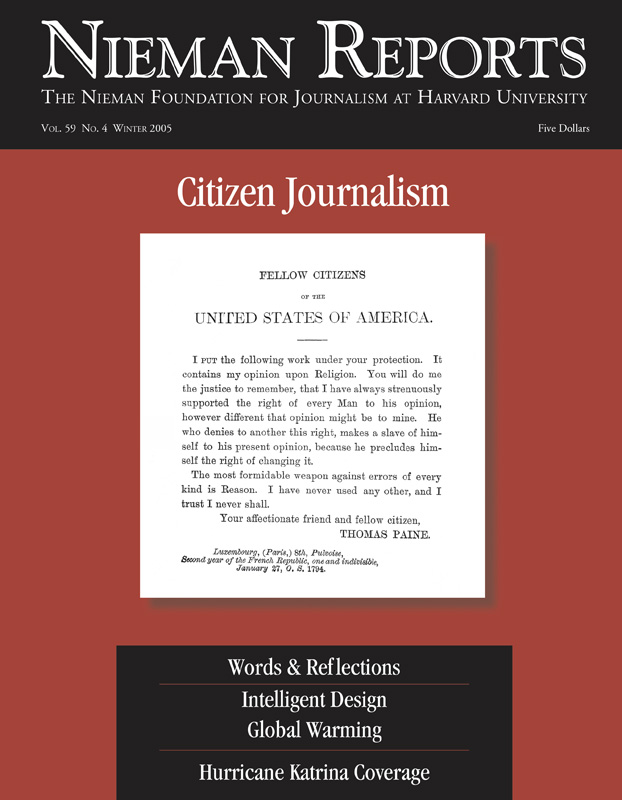The BBC is establishing a College of Journalism to raise and support editorial standards. All journalistic staff in the BBC will be given a minimum level of training each year, and in the future the completion of required training will be seen as integral to promotion. The college will have an annual budget of $15 million and be based within the BBC’s current offices in London. In addition to the core journalistic craft and production skills, which have been the mainstay of journalist training in recent years, the College of Journalism will also focus on ethics and values and building knowledge on key themes and issues, such as Europe and the Middle East. The college will be fully operational in 2006, but the enhanced training is already underway. So far, 10,000 staffers have completed an online editorial policy course (the biggest BBC interactive training initiative yet), and 8,000 staff members have attended workshops on sources and attribution. The college will work in partnership with other journalism training institutions and news organizations. If the BBC wants to broadcast world-class journalism, it must offer its staff world-class training.
The BBC’s College of Journalism
Citizen Journalism
With the arrival of the Internet, the ability of nonjournalists to “publish” their words and link them with those of other like-minded scribes has altered forever the balance of power between those who control the means to publish and those who have something they believe is important to say. This shift from journalists as gatekeepers to citizens as reporters has profound implications for news organizations that “might have completely underestimated the influence of this new medium.”



